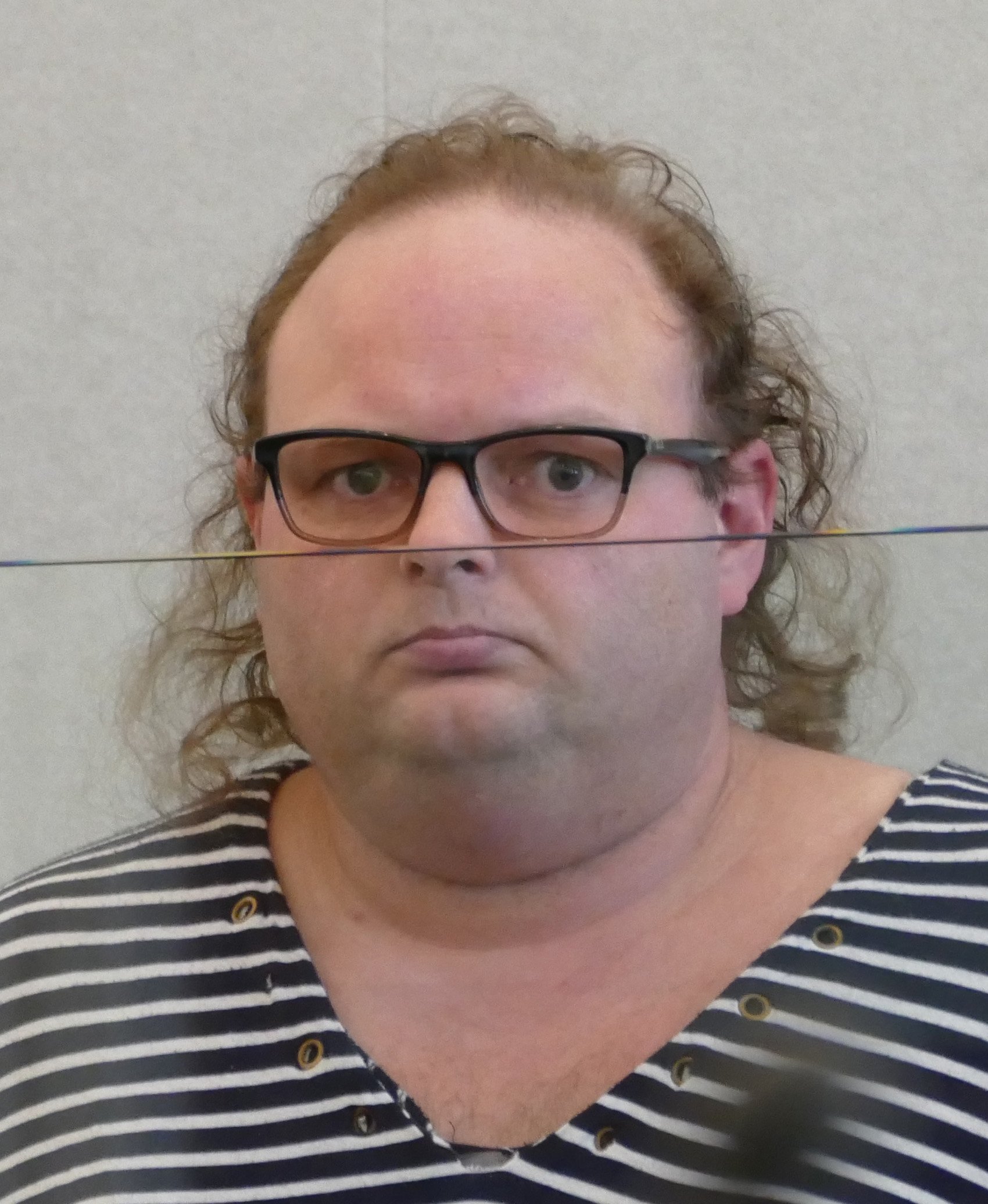
Pierre John Parsons, now known as PJ, was convicted of abducting a 12-year-old girl from a Dunedin sports stadium bathroom and raping her in 1995.
Parsons, then 18 years old, tied a rope around the girl’s neck, causing her to lose consciousness, and dragged her into another room where he stripped and raped her.
Parsons was jailed for 11 years and since then has either been in prison, on parole, or under an extended supervision order (ESO), which allows probation officers to monitor and manage someone considered a high risk for up to 10 years at a time.

Parsons had taken the girl’s clothing to wear for "cross-dressing purposes" in the 1995 attack and subsequently expressed a desire to live as a woman.
A Supreme Court decision just issued says that Parsons is now transgender. It refers to Parsons by the female pronouns she and her. Other court documents say she has been taking hormone treatments.
Extended supervision orders
Parsons was released on parole for the 1995 offending in 2003 and attended a programme for sexual offenders. She had also done the Kia Marama programme in prison.
But, she was recalled to prison in 2005 when she was found in possession of photographs of children.
Her first ESO was imposed in 2006.
In 2015 and 2016, Parsons twice approached a 15-year-old girl. The first time the girl was wearing school uniform. On the second time, Parsons gave her a note with a phone number requesting that she buy underwear and other items.
While living at a residential facility, Parsons invited a prostitute to the address - a breach of the rules.
A second 10-year ESO was imposed in 2017 and was reviewed five years later.
At that review, the High Court was satisfied that she remained a high risk of committing another sexual offence and confirmed the order would continue.
Parsons appealed against that to the Court of Appeal and lost, so took her case to the Supreme Court.
The Parole Act provides that an ESO can be applied when an offender "displays an intense drive, desire or urge to commit a sexual offence".
Parsons argued that her predilection was now "latent and might only emerge in certain circumstances", and this was incompatible with an intense drive to offend being displayed.
The Court of Appeal rejected that argument and the Supreme Court said it was not in the interests of justice to give Parsons leave to take the matter further.
The Court of Appeal agreed with the High Court that Parsons still posed a high risk of committing a sexual offence, and her right to liberty "does not outweigh the community protection interest", notwithstanding the length of the ESO orders.
The Supreme Court said Parson’s appeal sought to give the language of the law an "overly narrow meaning" which was not consistent with what Parliament had probably intended - that an ESO be imposed "where the risk-related intense drive, desire or urge is able, on the evidence, to be discerned in the offender".
More offending
Parsons last went to prison in 2021, after being convicted of possessing an objectionable publication.
Parsons’ probation officer had checked her internet browsing history and found two web searches which led to her phone being confiscated and forensically examined by police.
They discovered a downloaded video of an adult woman sexually abusing an infant boy.
Parsons was sentenced in the Dunedin District Court to nine months in prison.
She was released in March 2021 to live in supported accommodation provided by the Department of Corrections.
The Department of Corrections was approached and asked if it would reapply to have Parsons maintained on an ESO after the current order expired in two years.
It replied that the Privacy Act, Health Information Privacy Code, and Official Information Act all limited what information it could provide about people it managed.
A department spokesperson said the department’s usual practice with ESOs was to conduct a review a year prior to the person’s sentence end date, to determine if it would reapply to have the order extended.
"In this person’s case, with the expiry occurring in February 2027, we would begin this process in 2026," the spokesperson said.
SEXUAL HARM
Where to get help:
If it's an emergency and you feel that you or someone else is at risk, call 111.
If you've ever experienced sexual assault or abuse and need to talk to someone, contact Safe to Talk confidentially, any time 24/7:
• Call 0800 044 334
• Text 4334
• Email support@safetotalk.nz
• For more info or to web chat visit safetotalk.nz
Alternatively contact your local police station - click here for a list.
If you have been sexually assaulted, remember it's not your fault.
- Ric Stevens, Open Justice reporter








